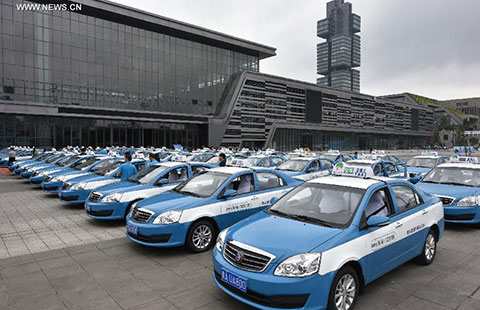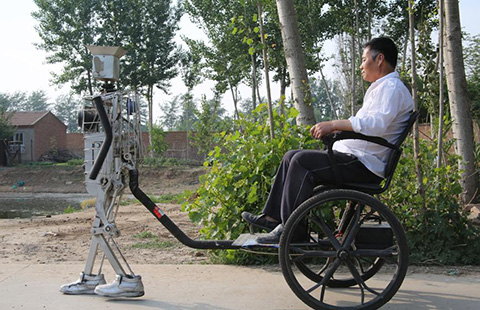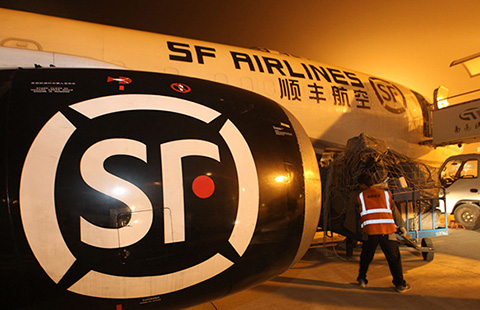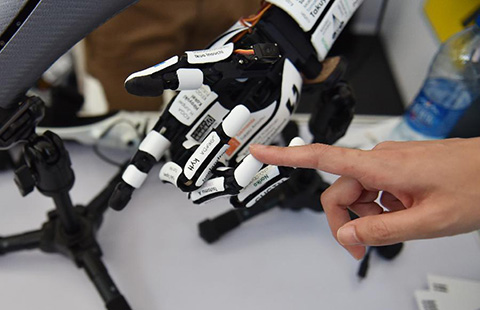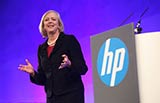Didi to launch app for corporate, govt users
By Meng Jing (China Daily) Updated: 2015-06-24 08:35Zhang Xu, a transport analyst with the Beijing-based Internet consultancy Analysys International, said an app dedicated to corporate and government users was a smart idea with great potential.
"In first-and second-tier cities, especially, there are limitations on getting a car plate, which means companies and governments are having to share cars or rent vehicles," he said.
He still considers, however, that the market for corporate and government users will never be as large as the consumer car-hailing market.
Wang Xiaofeng, an analyst at consultancy Forrester Inc, was more hopeful of profits from the business service because corporate and government users are not as price sensitive as ordinary consumers.
"It is not that easy for Didi Kuaidi to make a profit from bargain-hunting consumers," she said.
"The company has burned a lot of cash to offer incentives to attract users for its core taxi-hailing business. But for corporate and government users, price is not that big issue."
Du insisted that such users pay more attention to the quality of service than price, and denied the competition for such a service would be fierce.
"This is still a very new and young market. Providing good-quality service is our top priority, because corporate and government users are not easily attracted by cash incentives," he said.
- Didi to launch app for corporate, govt users
- Cracking the Qualcomm anti-monopoly case
- Supplies 'secure' from the impact of El Nino
- China may buy 50-70 Airbus A330 jets
- First batch of methanol-fueled taxis put into operation in S.W. China
- BOC denies illegal activity in Italy
- Rumors fail to lift home prices in Tongzhou area
- A-share gains lead the world's stock market
